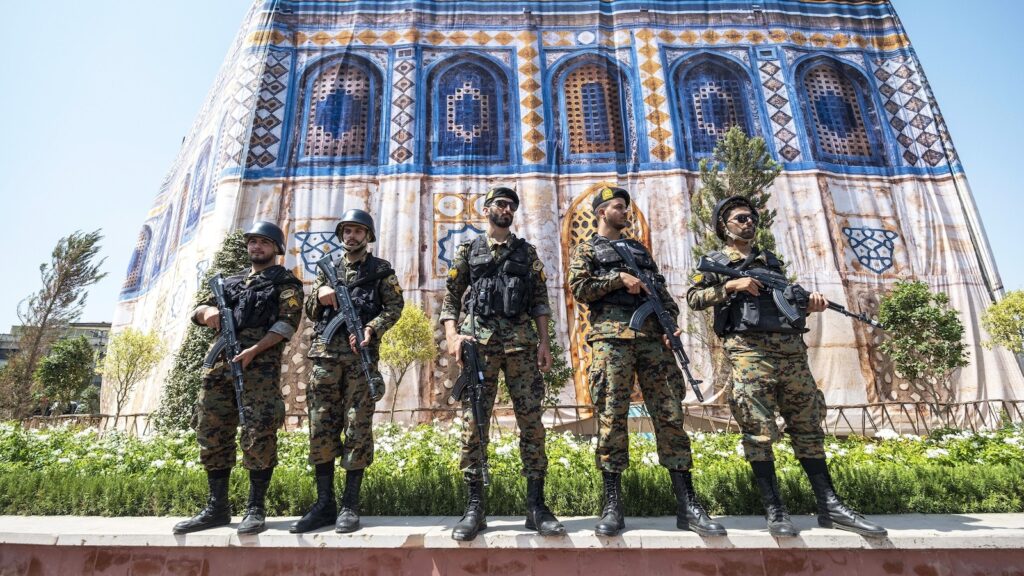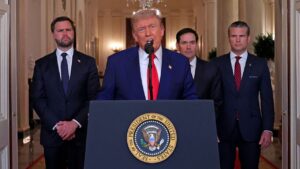
TEHRAN – In a swift and controversial move, Iran has executed three men accused of espionage for Israel, intensifying an already severe crackdown following a recent conflict with Tel Aviv.
Immediate Impact
The Iranian judiciary announced the executions, claiming the men were collaborating with Israel’s Mossad intelligence agency. This brings the total number of executions on similar charges to six since the outbreak of hostilities between Tehran and Tel Aviv.
The hangings occurred shortly after a ceasefire was declared, marking a rapid escalation in Iran’s punitive measures against those it deems traitors.
Key Details Emerge
Iran’s ISNA News Agency described the executions as part of a “season of traitor-killing.” Human rights activists, however, contest the charges, asserting that the men were Kurdish laborers without access to sensitive information and were denied fair trials.
“This is a very corrupt regime, and there is no due process in Iran,” Azadeh Pourzand, a Middle East and human rights expert, told ABC News.
By the Numbers
The conflict with Israel has reportedly resulted in at least 627 deaths and 4,870 injuries, alongside substantial infrastructure damage across Iran.
Arrests and Surveillance
Over 700 individuals have been detained for alleged connections to Israel, according to Iranian state media. The crackdown has sparked fear among citizens, with many worried about the regime’s retribution.
“I cried once when the war started, and again when the ceasefire was announced,” a 37-year-old Iranian woman told ABC News.
Expert Analysis
Pourzand warns of an “accelerated execution machine” targeting activists and dissenters. The regime’s actions are seen as a means to instill fear domestically and project strength internationally.
Israeli officials have not commented on the arrests, but Mossad Chief David Barnea has vowed to maintain surveillance over Iran’s activities.
Background Context
The recent conflict has exacerbated tensions within Iran, which were already high following the 2022 protests over Mahsa Jina Amini’s death. The regime’s response to dissent has historically been severe, with reports of widespread repression and economic hardship.
Some Iranians initially viewed Israel’s rhetoric about “freeing Iranians” with hope, but skepticism remains about Israel’s true intentions.
Regional Implications
Iran’s Supreme Leader, Ayatollah Ali Khamenei, has emerged publicly for the first time since the conflict, emphasizing the cost of aggression against Iran. However, there are concerns that the “heavy cost” will burden Iranian citizens as global attention shifts.
“The Islamic Republic is a totalitarian regime … which has brought decades of destruction,” said Parham, an Iranian citizen.
What Comes Next
As Iran continues to enforce strict surveillance measures and arrests, the international community watches closely. The regime’s actions may further isolate it on the world stage, yet its grip on power appears unyielding.
Pourzand cautions that the regime’s strategy of repression and control is likely to intensify, leading to greater challenges for those advocating for human rights and freedom within Iran.







